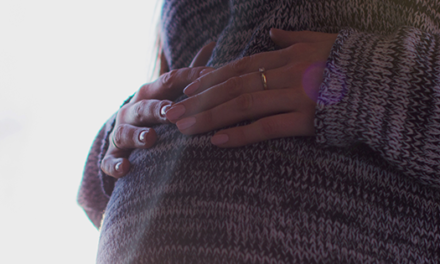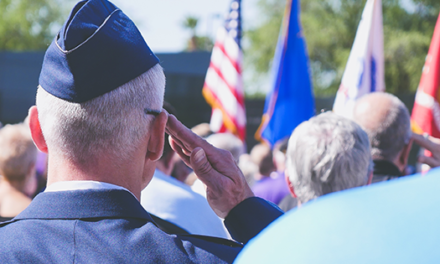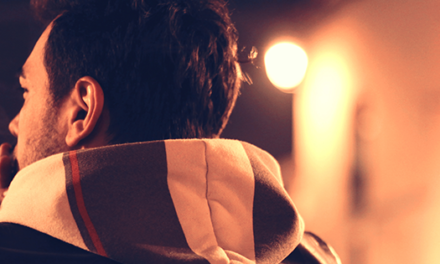Secondhand Smoke
Protect your family from secondhand smoke. Secondhand smoke causes immediate harm to nonsmokers who breathe it. If you are a nonsmoker, you can do some important things to protect yourself and your family.
- Do not allow anyone to smoke anywhere in or near your home. Some of the smoke stays in your house even if you only allow smoking near an open window.
- Do not allow anyone to smoke in your car, even with the window down. No amount of smoke is safe.
- Make sure your children’s day care centers and schools are tobacco-free. A tobacco-free campus policy prohibits any tobacco use or advertising on school property by anyone at any time. This includes off-campus school events.
- New Hampshire still allows smoking in some public areas; look for places that do not allow smoking. Even outdoor “No-smoking sections” do not protect you and your family from secondhand smoke.
- Teach your children to stay away from secondhand smoke. Be a good role model by not smoking.
Read more about Secondhand Smoke:
Eight Things You Should Know About Secondhand Smoke
Reducing the Effects of Secondhand Smoke in New Hampshire
Secondhand Smoke and Asthma
Asthma is the most common long-term disease of children, but adults can have asthma, too. Asthma is a disease that affects the lungs. Asthma is an ongoing condition, but asthma attacks occur when something irritates the lungs. During an asthma attack, the walls of the airways in the lungs swell, and the airways narrow. Less air gets in and out of the lungs, and mucus from the lungs clogs up the airways even more. During an attack, a person may have coughing, chest tightness, wheezing, and difficulty breathing. It can lead to death. Visit the Centers for Disease Control and Prevention’s page Secondhand Smoke: Impact on Asthma to learn more.
Jessica’s son, Aden, was 3 years old when he was diagnosed with asthma. Although Jessica never smoked, many of Aden’s attacks were triggered by exposure to secondhand smoke. Hear Jessica’s Story.
Visit AsthmaNowNH.org for New Hampshire information and resources about asthma.
Secondhand Smoke and Babies
Smoking or breathing secondhand smoke can make it harder for you to become a parent. Research shows that tobacco smoke decreases your chances of having a healthy baby. Learn more about second hand smoke and your new baby.
Smoking hurts people hoping to become parents.
Smoking reduces a woman’s chance of getting pregnant. Chemicals in smoke interfere with the functioning of the tubes that your eggs travel through to reach the womb. This might decrease fertility or lead to pregnancy complications. If you are pregnant, smoking is dangerous. Breathing secondhand smoke is dangerous, too. Researchers have also found that smoking might damage the DNA in men’s sperm. This DNA damage might decrease fertility, cause birth defects, or lead to miscarriage. Learn more about Smoking and Pregnancy.
Babies who breathe secondhand smoke are more likely to die from SIDS.
Babies and children who breathe secondhand smoke have other health problems. Their lungs don’t work as well. Over half of all children in the United States breathe secondhand smoke at home, in cars, or in public places. More than 300,000 children suffer each year from infections caused by tobacco smoke, including bronchitis, pneumonia, and ear infections. They wheeze and cough more often. For children who have asthma, breathing secondhand smoke can trigger an attack. The attack can be severe enough to send a child to the hospital. Sometimes an asthma attack is so severe that a child dies.
Secondhand Smoke and Children
Secondhand Smoke: What is it, and why is it so dangerous for children?
Secondhand smoke is the combination of the smoke released from the burning end of a cigarette, cigar or pipe, and the smoke exhaled by the person who is smoking. Read more
Secondhand Smoke and vehicles: What you need to know.
Smoking in a small space, like a car, produces dangerous levels of secondhand smoke (containing nicotine and other harmful chemicals) in a short amount of time. Read more | Watch a video with the facts about smoking in cars.
Secondhand Smoke and Disease
Secondhand smoke triggers heart attacks.
Tobacco smoke hurts anyone who breathes it. When you breathe secondhand smoke, platelets in your blood get sticky and may form clots, just like in a person who smokes. New research shows that even spending time in a smoky room could trigger a heart attack. Smoking is not the only cause of these problems, but it makes them much worse.
To learn more about secondhand smoke and how smoke causes damage to the body, read: A Report of the Surgeon General, How Tobacco Smoke Causes Disease ….. what it means to you. Consumer Booklet.
Read more about the effects of tobacco use on women.





